Parent and Community News
'Be The Best That You Can Be'
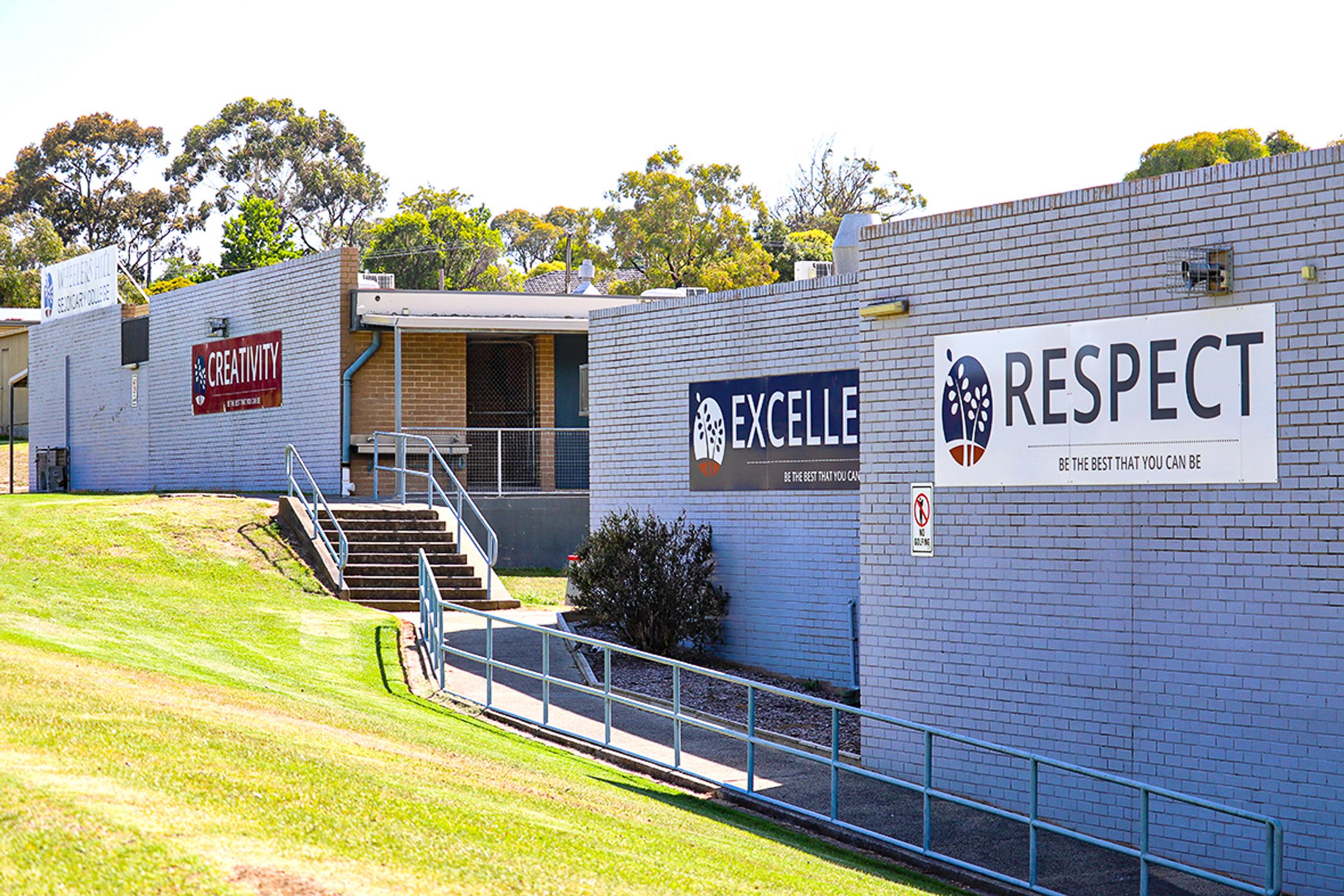
Parent and Community News
'Be The Best That You Can Be'
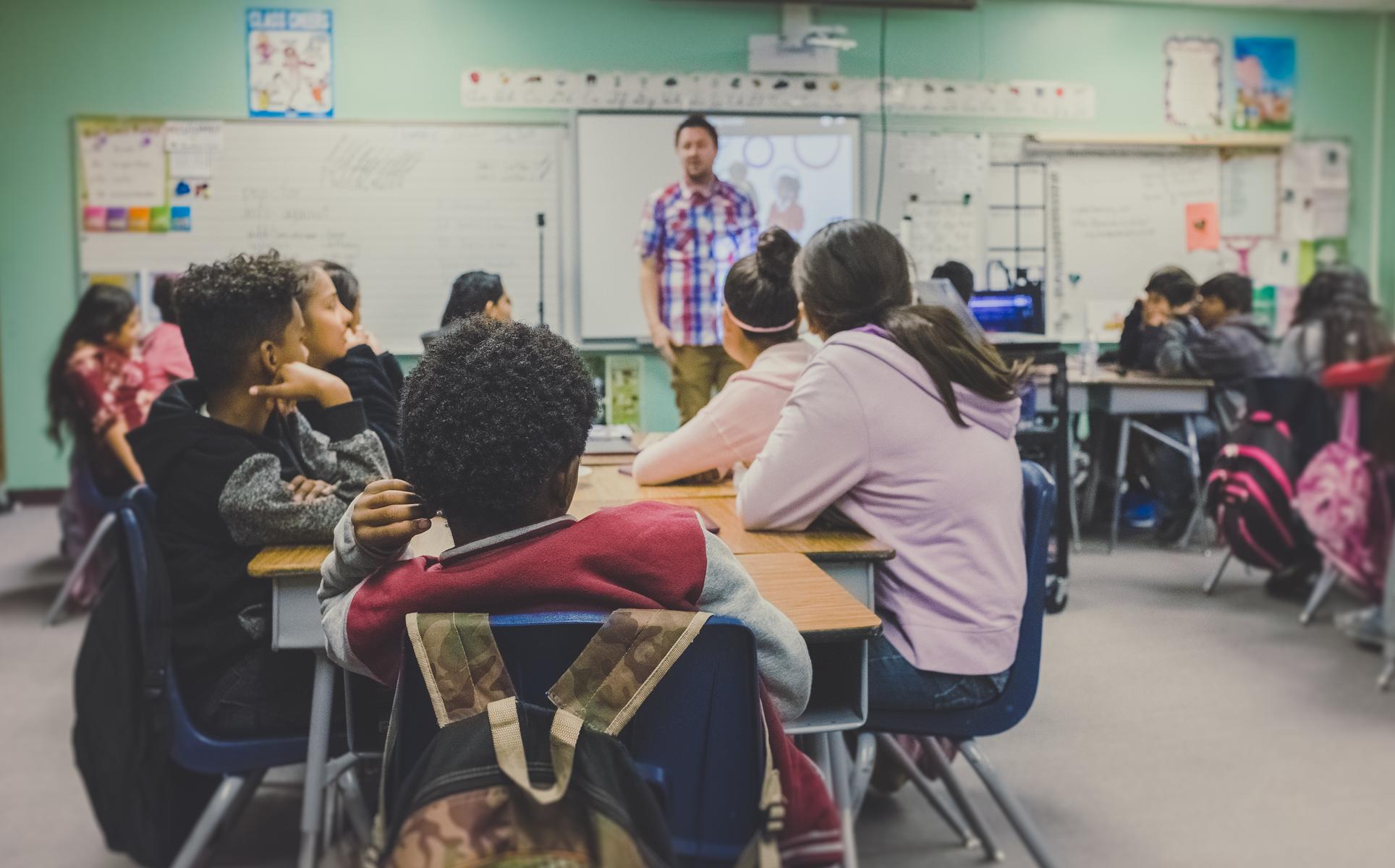

Victoria is transforming the delivery of senior secondary education with the introduction of a single senior secondary certificate that will offer greater access to quality vocational and applied learning pathways for all students. The senior secondary education reforms aim to provide access to education and training that is relevant, engaging and that delivers in-demand skills for the future world of work, ensuring that students can access education that leads to employment.
Next year students will still be able to enrol in either the Victorian Certificate of Applied Learning (VCAL) or the Victorian Certificate of Education (VCE). The following year, in 2023, VCAL students will be enrolled in the new VCE Vocational Specialisation or the new foundation pathways certificate which will be introduced to replace Foundation VCAL.
The VCE Vocational Specialisation will be recognised internationally, be valued by employers and will build on the strengths of VCAL including providing:
flexible timetables that allow students to study at school, TAFE and work
opportunities to experience real-life workplaces subjects that will build students skills and prepare them for life after school greater access to high quality VET learning, either in school, a neighboring school or a local TAFE.
The new certificates are part of a suite of 38 reforms recommended in the Review into Vocational and Applied Learning Pathways in Senior Secondary Schooling (the Firth Review) to lift the quality and perception of vocational education and help more students access high-quality applied learning programs.
Course selection in 2022
We are supporting all students in their course selections for 2022 and are providing the following advice and information to students considering a VCAL pathway. If students are studying VCAL in 2022 they will transfer into the VCE Vocational Specialisation with credit for completed VCAL subjects in 2023.
In 2023, students will continue to study Senior VCAL subjects in the new certificate as part of the implementation process. At the end of 2023, these students will be awarded the VCE Vocational Specialisation if they meet the requirements.
Students who are studying Foundation VCAL over multiple years, including in 2022, will transfer into a new foundation pathways certificate in 2023 with credit for completed subjects. These students will study the new foundation subjects and graduate with the foundation pathways certificate.
This approach provides assurance and clarity to current Year 10 students some of whom will be among the first cohort to receive a VCE Vocational Specialisation certificate in 2023.
The following diagram sets out the senior secondary pathways for students commencing the VCE or VCAL in 2022.
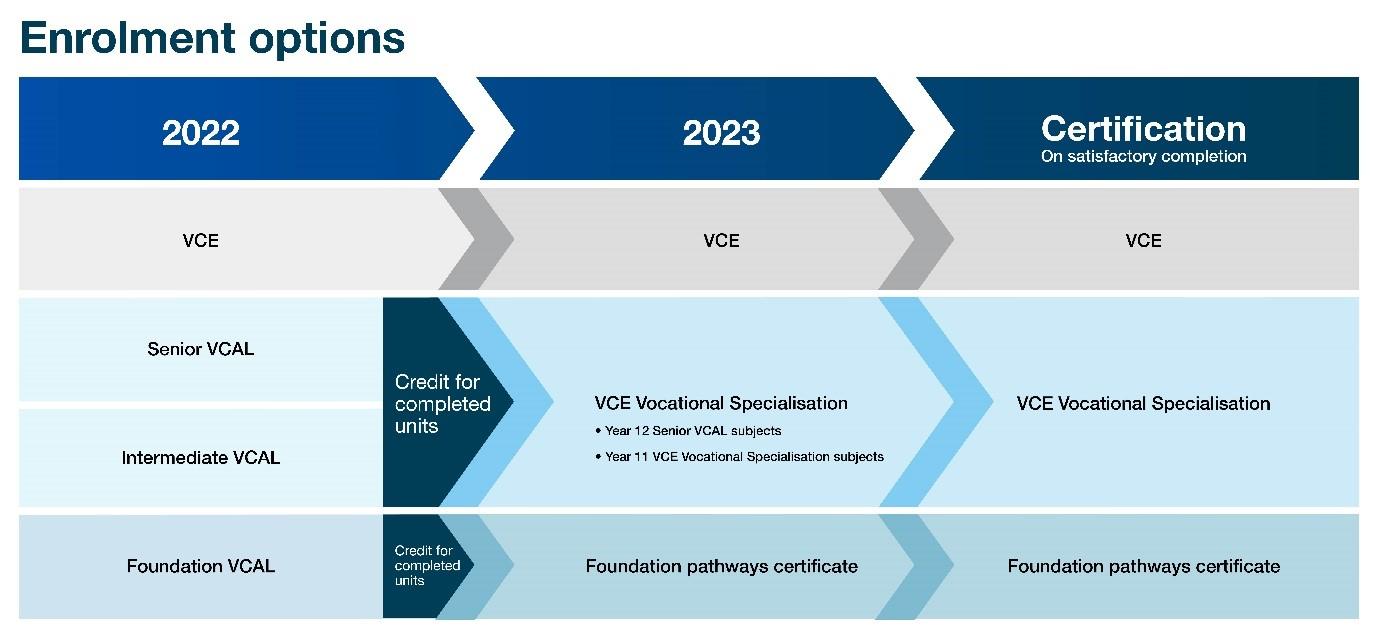

* Note: Students can also move between certificates
If you would like to talk further about these changes please contact the College on 9561 5811. To learn more about Victoria’s senior secondary certificate reform, you can email the Senior Secondary Reform team.


It can be challenging to process and manage changes to routines and the uncertainty that comes with COVID-19 and related restrictions – including moving to remote learning. To support our school community during this time, resources and support are available for parents, carers and families. These resources (from DET or The Department of Education and Training) will help to support the mental health and wellbeing of our students and the young people in our care during this time. We encourage everyone in our community to access these resources and take care of themselves during this time.
A Quick Guide to Student Mental Health and Wellbeing resources is available for students, parents and carers looking to access expert guidance and resources to support wellbeing. Supporting the mental health and wellbeing of our community remains our priority this year, especially during the continued COVID-19 pandemic and while students are learning from home during the current circuit breaker restrictions. For students, the guide includes resources to support their own mental health and wellbeing.
The guide also includes resources and supports for parents and carers to help them build their child’s physical and mental health and wellbeing. This includes:
Wellbeing guidance for parents and carers is also available on the Department’s website, or through the confidential parent support hotline, Parentline, available 8am to midnight, seven days a week. Phone: 13 22 89. Please continue to check Compass for updates - stay safe and connected everyone,
Regards
Mr. Aaron Smith
Principal


How harmful is social media to teenagers’ mental health? According to one recent research study, social media is no more harmful than television was for young people in the 1990s.
The study looked at more than 430,000 young people aged 10 to 15 in the UK and US. It found no evidence that any link between mental ill health and technology had grown worse over that time.
The research examined TV viewing, social media engagement and the use of digital devices such as smartphones before comparing them with feelings of depression, suicidal tendencies and behavioural problems. It aimed to investigate growing concerns that technology is becoming more prevalent in young people’s lives and more harmful to their mental health.
Other studies, however, have suggested a rise in teenage depression. A report by University College London in 2019 found that adolescents were more likely to feel depressed and to self-harm, and less likely to get a full night’s sleep, than ten years previously.
The study also found there was no notable difference in impact between boys and girls.
Some may assume, or have anecdotal evidence, that social media or smartphones result in poor mental health, but this is not necessarily the case. While some individuals may be more affected than others, on average research shows the relationship is weak.
Instead there are other factors that appear to be more strongly related to poor mental health. Sleep, bullying and cyberbullying, and conflict between parents have much greater impact.


In the meantime, the wise parent keeps a close eye on the amount of time spent on social media and the material being accessed. When young people know their parents are interested and watchful, they may be influenced to make good choices.
Acknowledgment: Dr Cara Booker, research fellow in the Institute for Social and Economic Research at the University of Essex; The
Times 4 May 2021; the journal of Clinical Psychological Science.
Principal’s Digest, May 2021
We have signs you can see from space! Well, not really, but they are easy to spot when looking for a particular genre. Please note we have merged both the Family and the Friends genres into one genre, called Relationships.
True stories are now located in one of the mobile grey bays, near the photocopier, so check them.
We are still working on the nonfiction area, but you can see some of the new signs now!
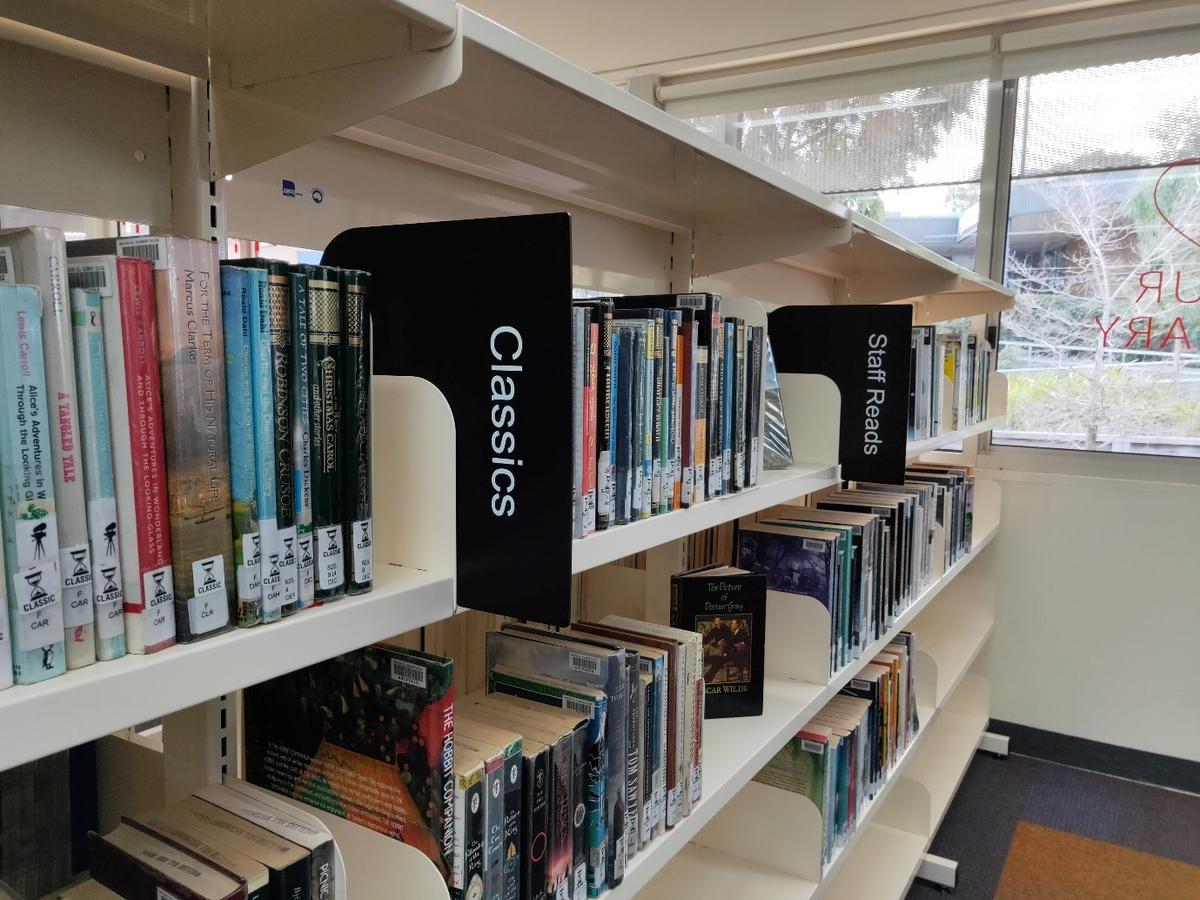

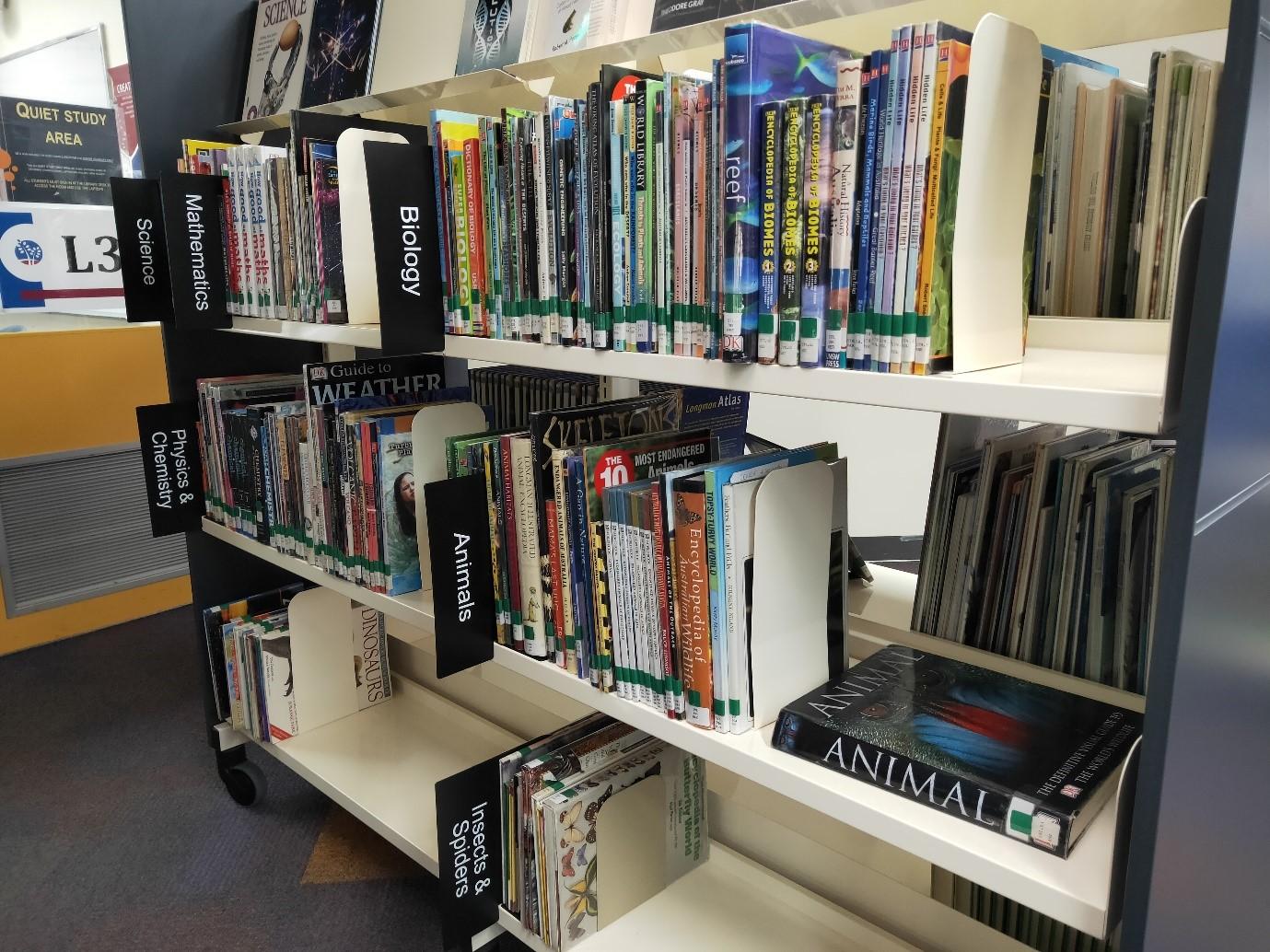

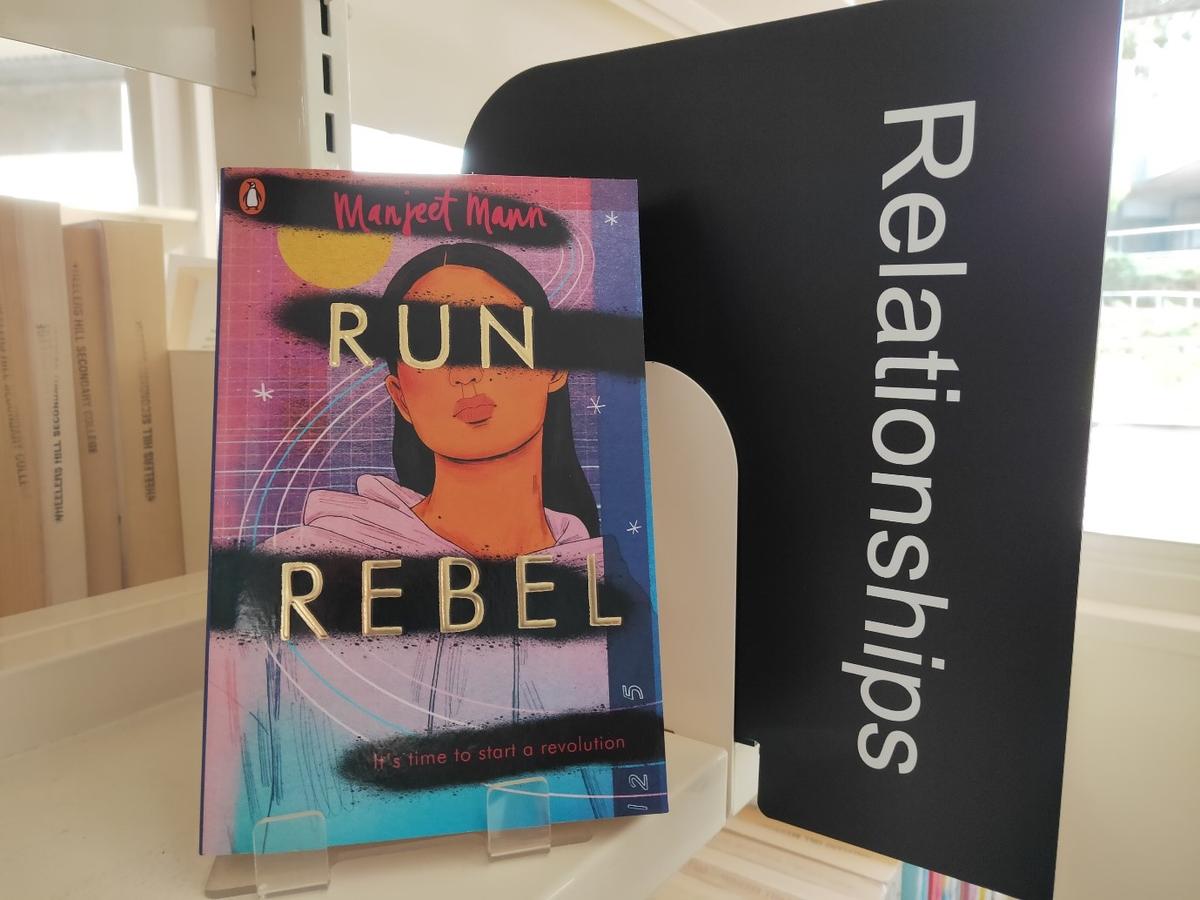

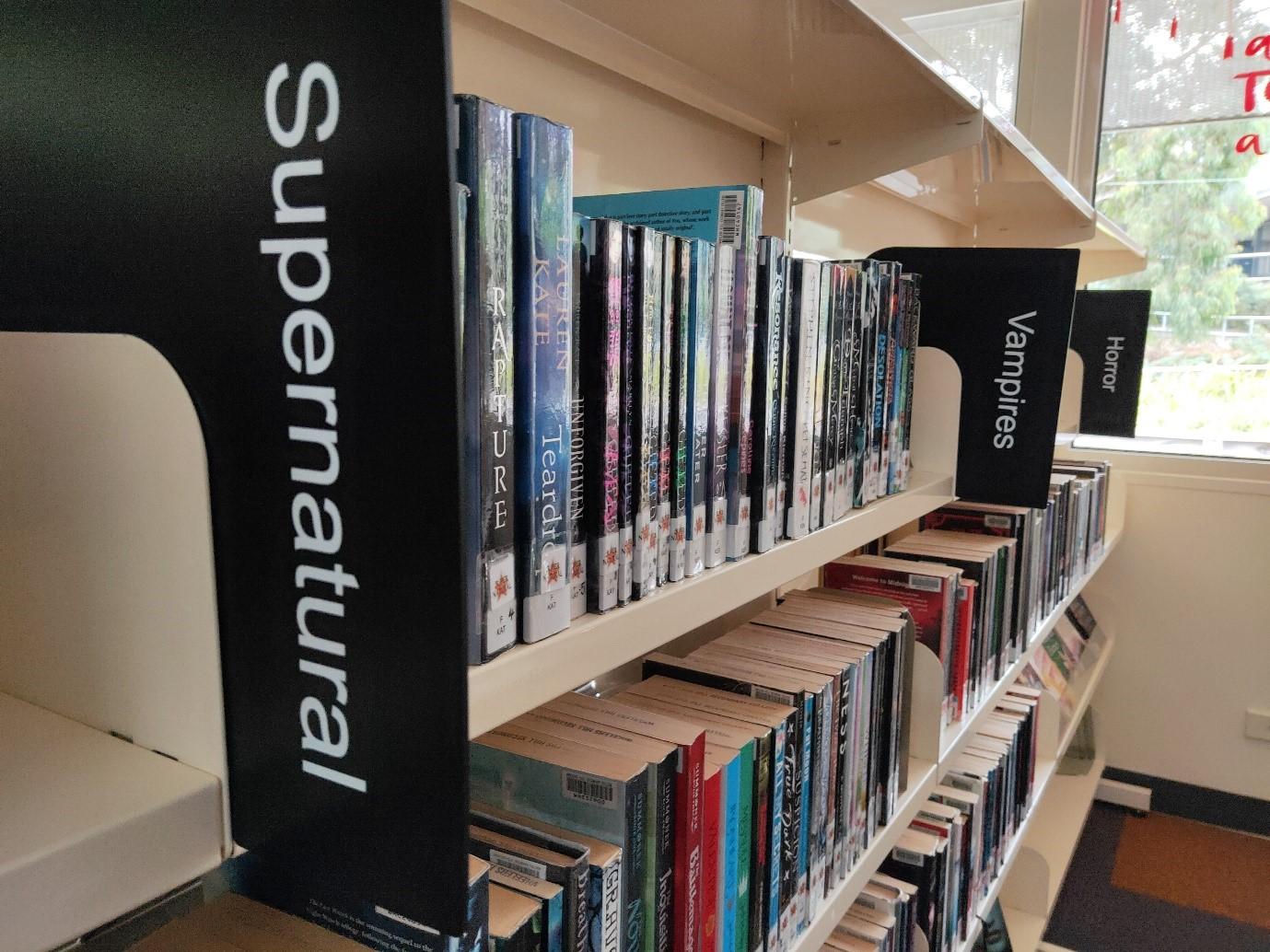

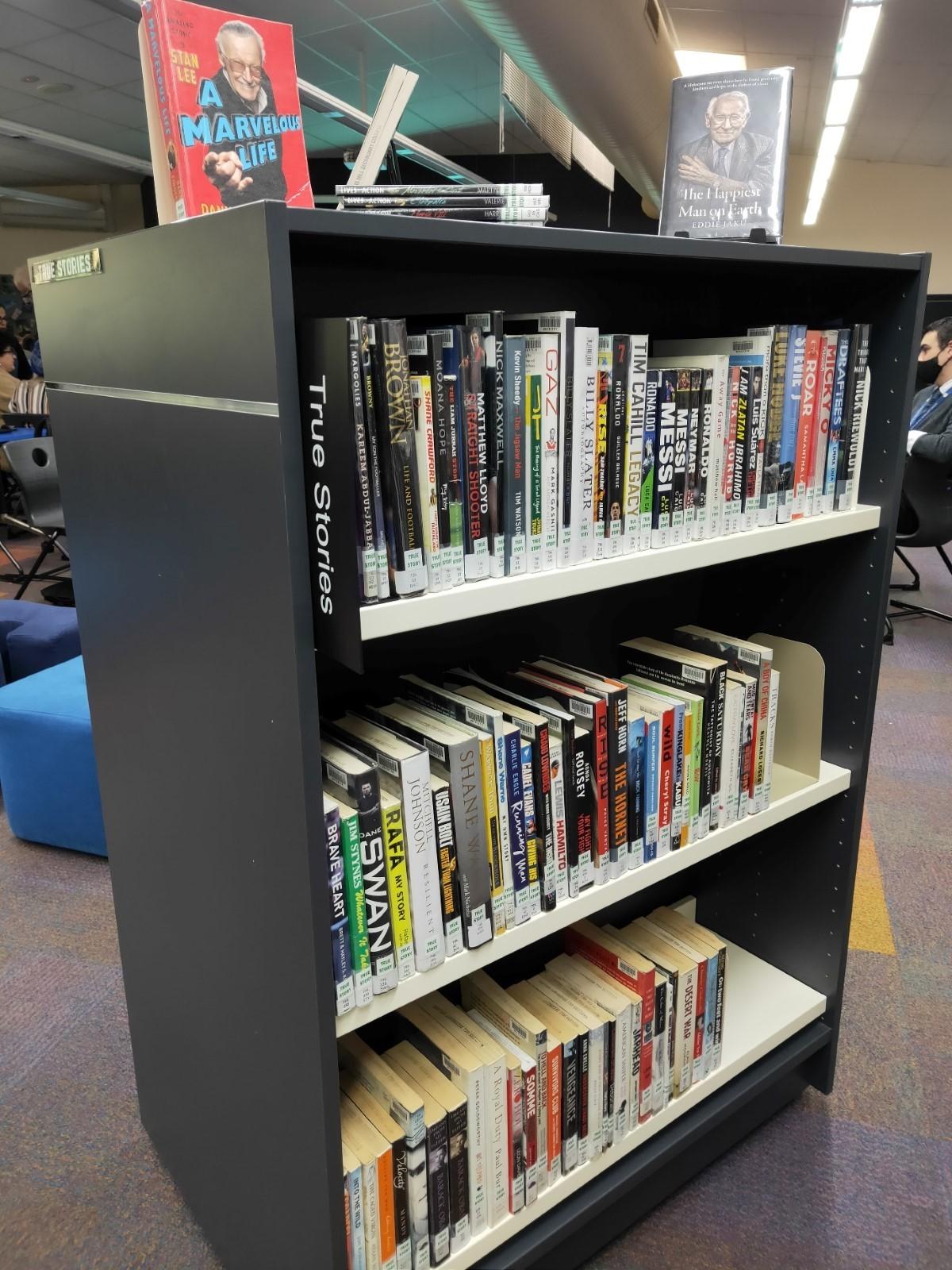

GEMS IN STEM PROGRAM
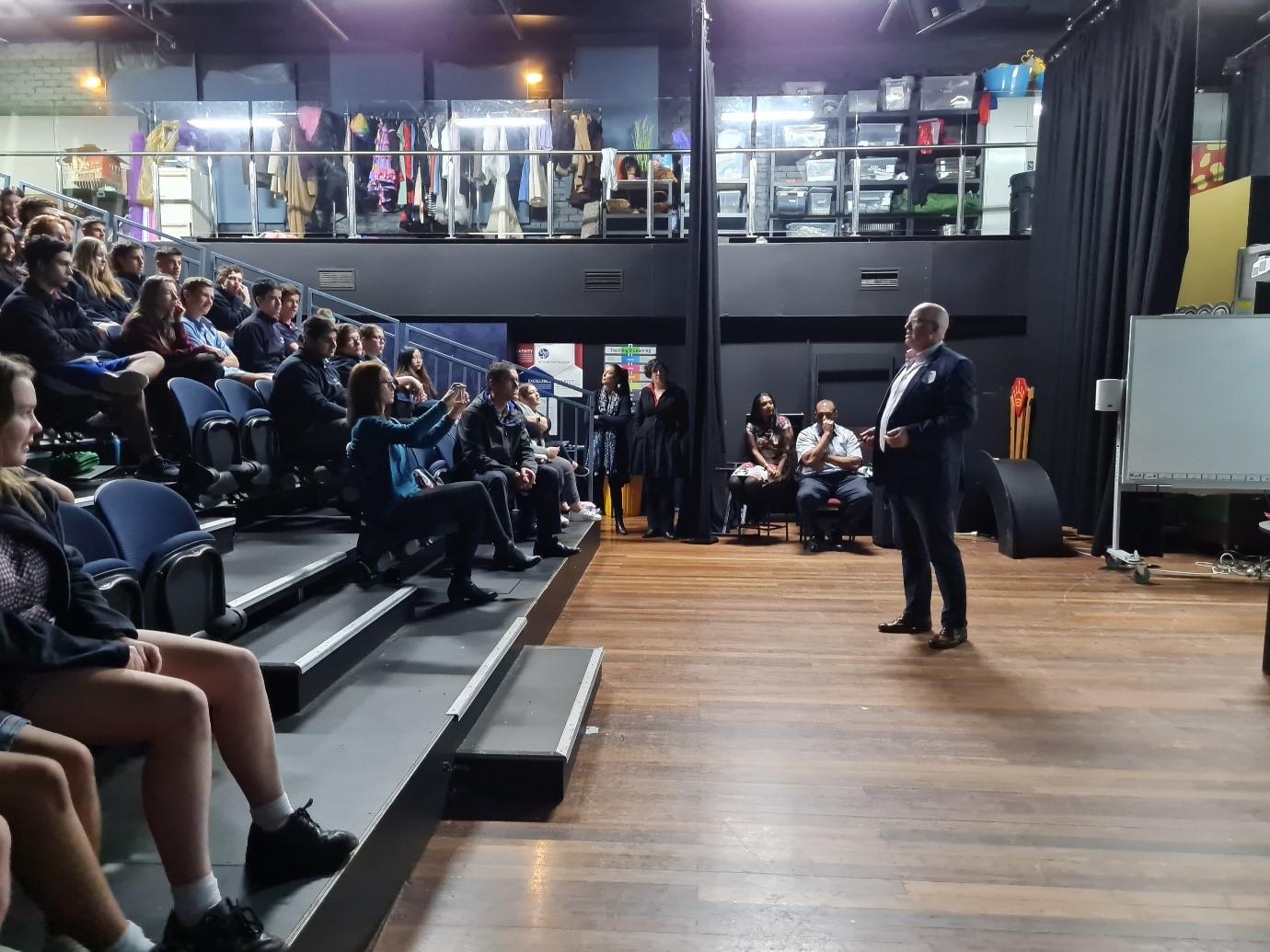

On 12th May all Futures Classes attended a GEMS in STEM presentation which was delivered by CMP Consulting Group. CMP is a Specialist Engineering Consulting company operating within the Water Industry. The company cares about the development of young people into rewarding careers in engineering and particularly in the water industry.
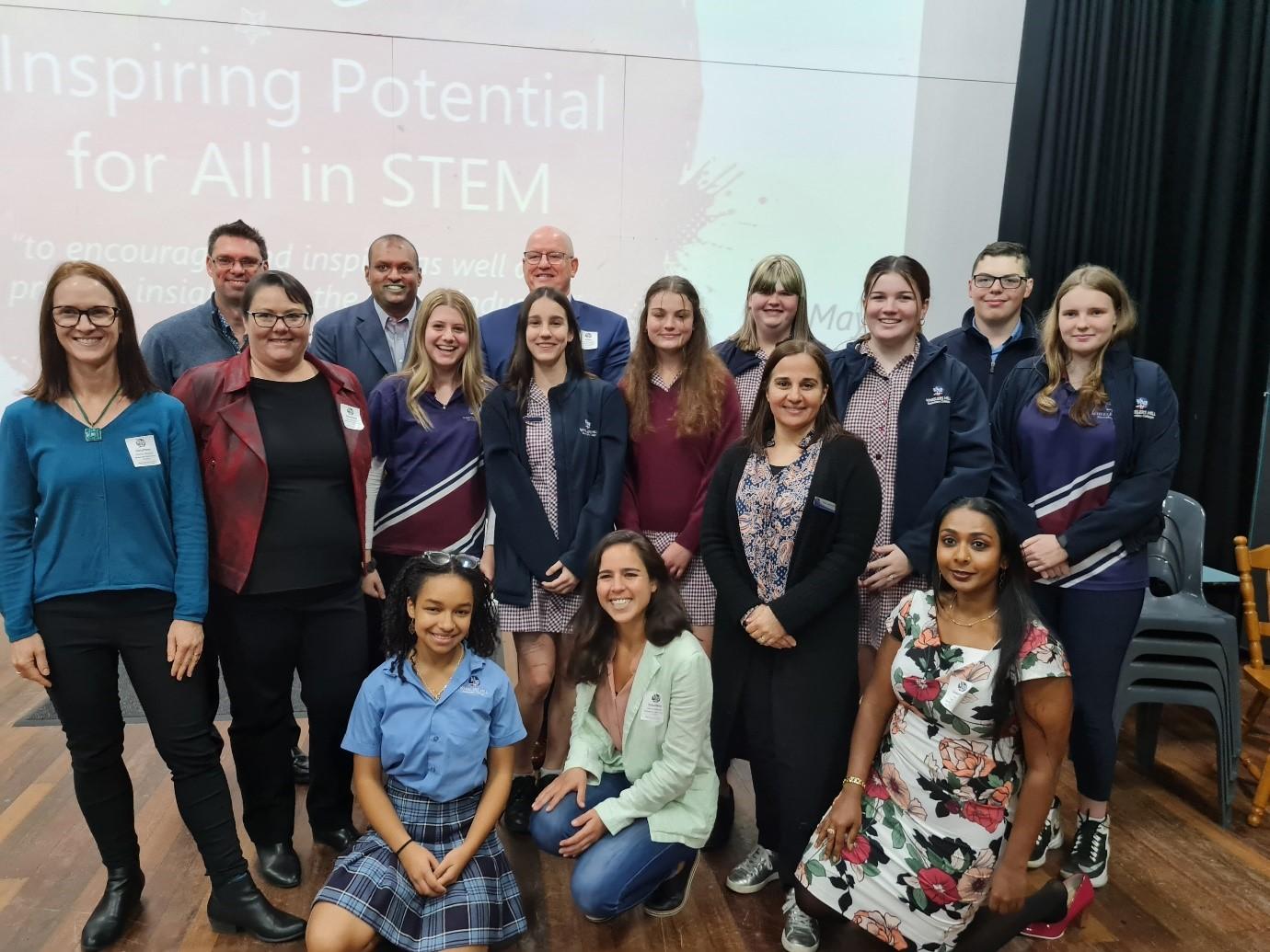

The presentation was delivered by several industry leaders who spoke about the work they do and the vast amount of opportunities within this industry, it ended with a Q&A which was well received by all students. Wheelers Hill Secondary College would like to thank the following guest speakers who gave up their time to provide our students with great insights into engineering – Soyn Punyadasa (Director at CMP), Mandhy Senewiratne (Principal Engineer CMP), Diana Siqueira (Student Engineer, CMP), Wendy McQuie (People, Culture & Office Manager, CMP), Sonia Teoh (People, Culture & Office Assistant), Greg Chalmers (Director, CMP), Tanya Pearson (Manager Asset Improvement Projects at Yarra Valley Water) and Eamonn Kelly (General Manager Major Program Delivery at Melbourne Water).
YEAR 9 MORRISBY PROGRAM
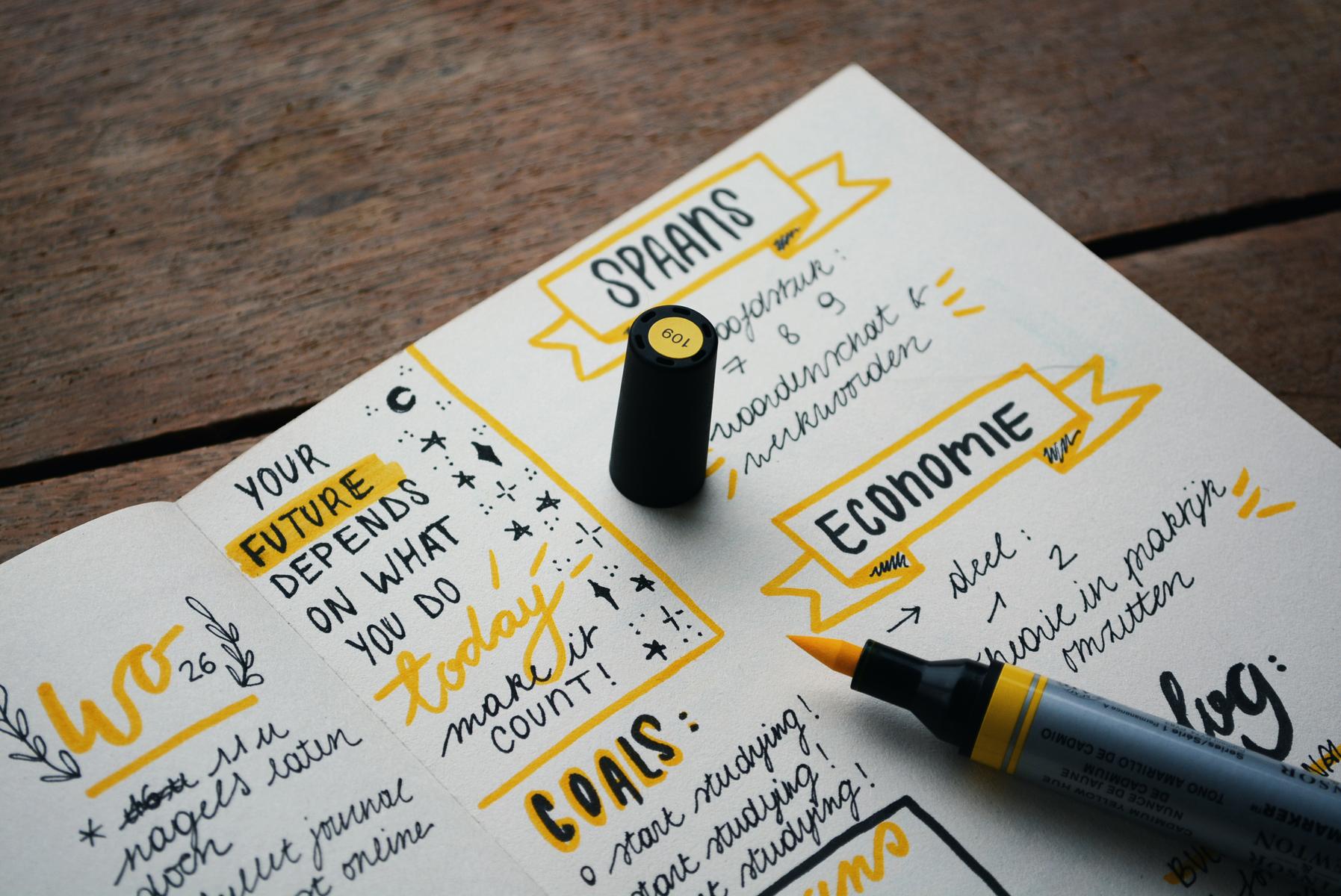

On Wednesday 17th March Year 9 students were provided with the opportunity to take part in the Morrisby Profiling Program.
The Morrisby assessment is a series of short assessments and questionnaires and based on the student’s performance provides great insights into types of careers that they may want to consider. Students received an individual profile and participated in a one to one Careers Interview with a consultant who assisted them with understanding their results.
The student profile is useful in assisting students with –
Deciding what they want to do after they finish school
Providing feedback on their ability, interests and personality which can assist them with selecting electives, choosing VCE subject and even choosing which Senior School Program they would be more suited to
Inspiring them to set goals based on their strengths and interest
We had a 99% completion rate and we thank all students for their hard work and dedication towards their developing their career goals.
Delivering such a large program would not be possible without assistance from staff at the College. I would like to thank all the classroom teachers who assisted with administering the program and to Angela Field, Jacinta Wilson and Annette Patterson who assisted with all the logistics required to ensure the program ran smoothly.
Voula Jakubicki
Careers Coordinator